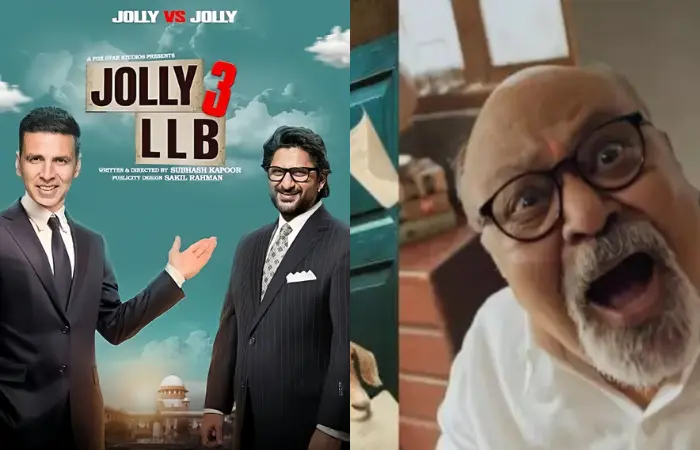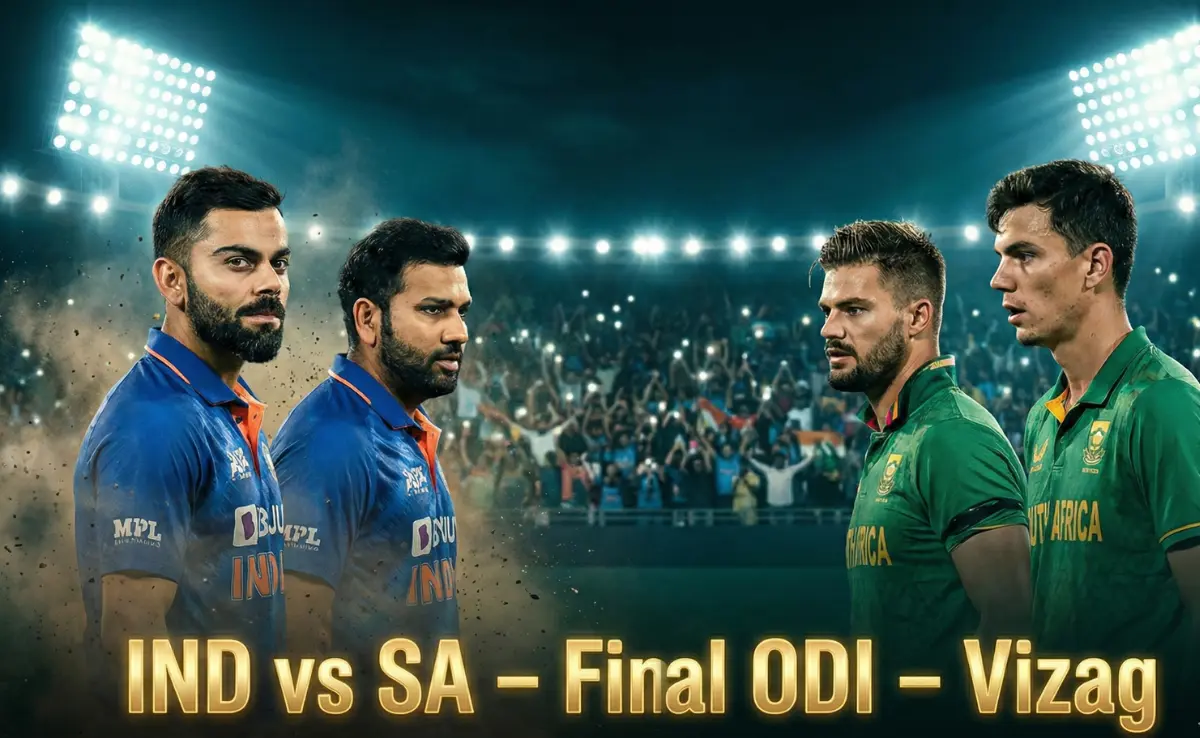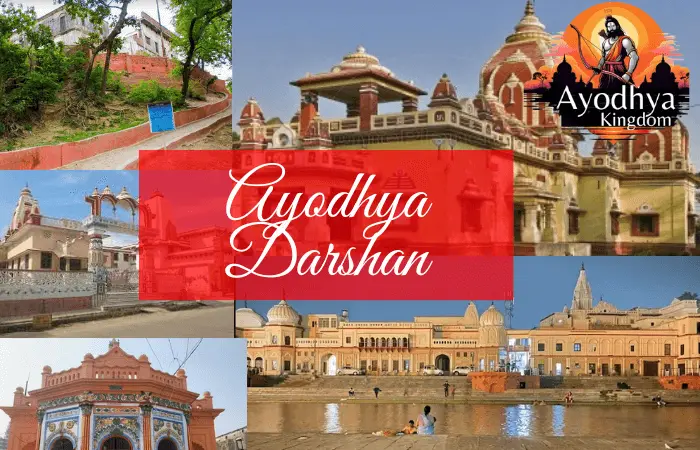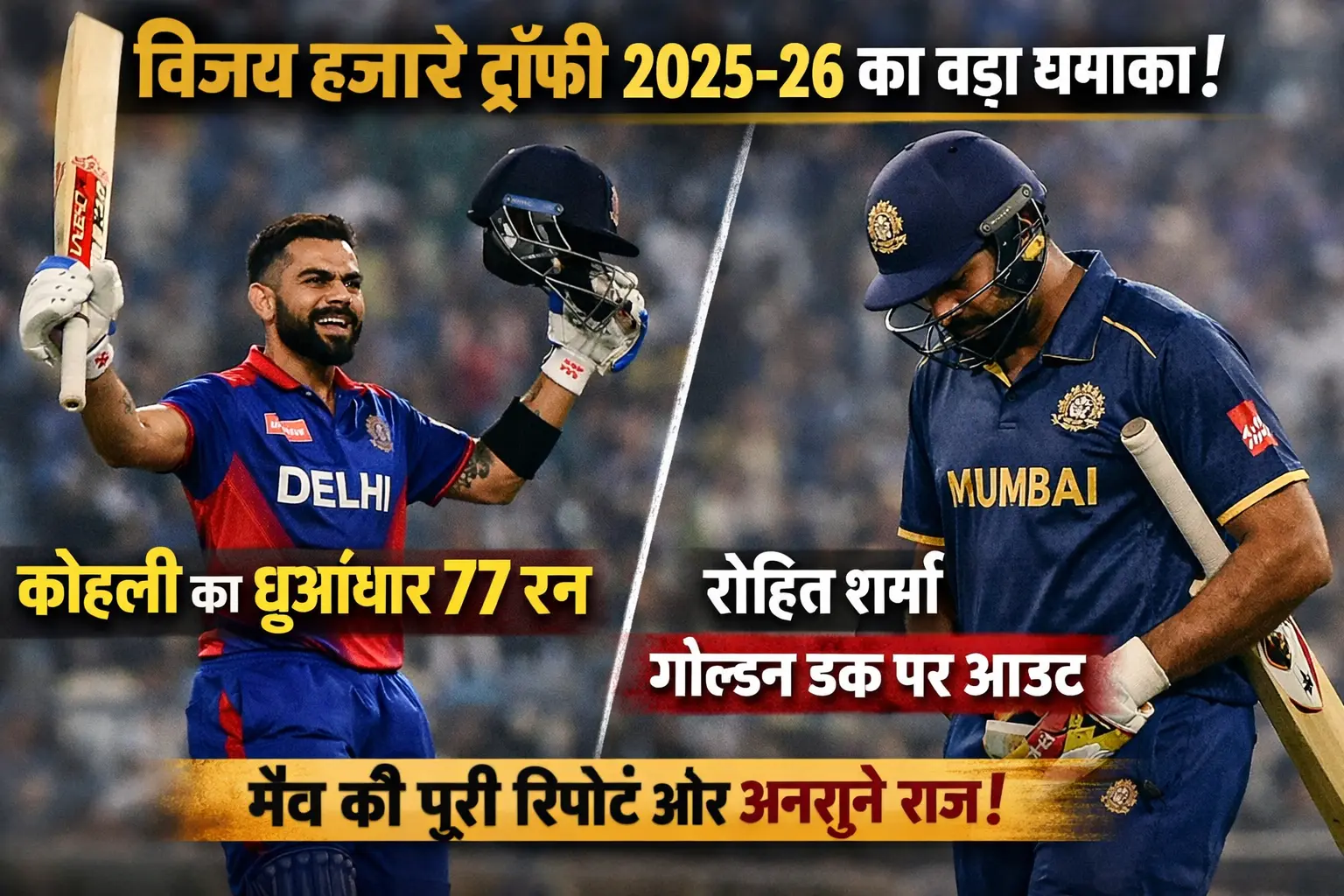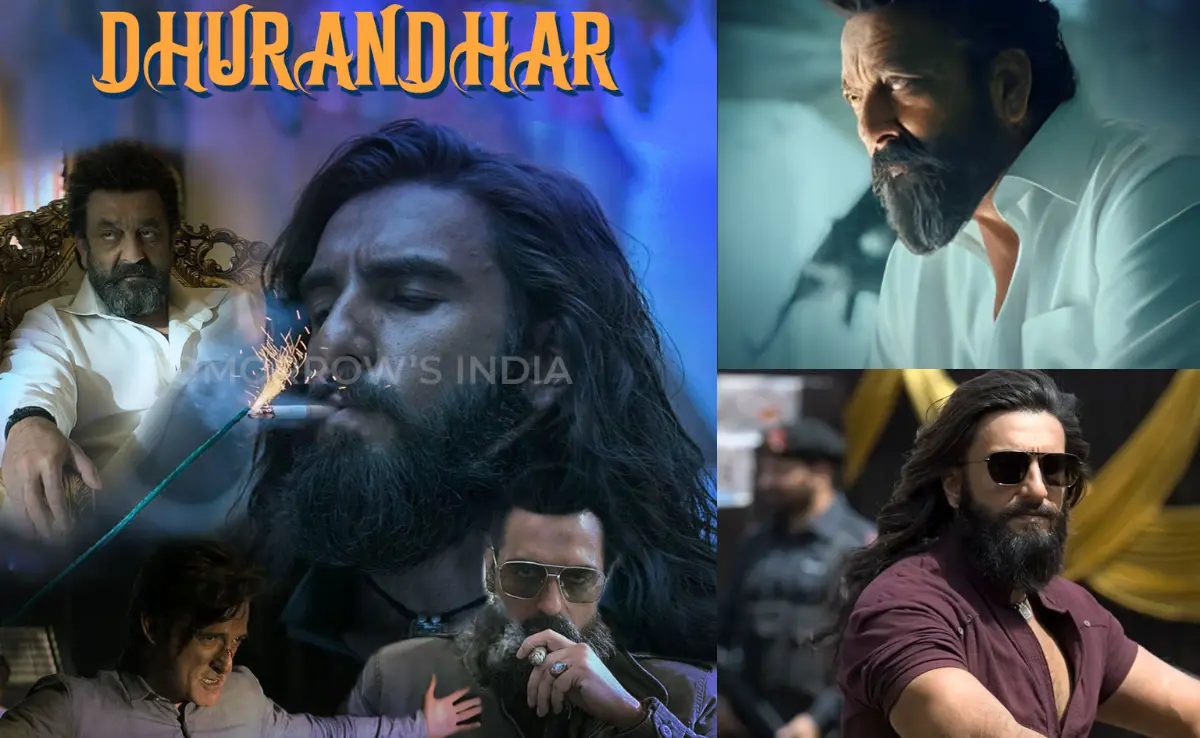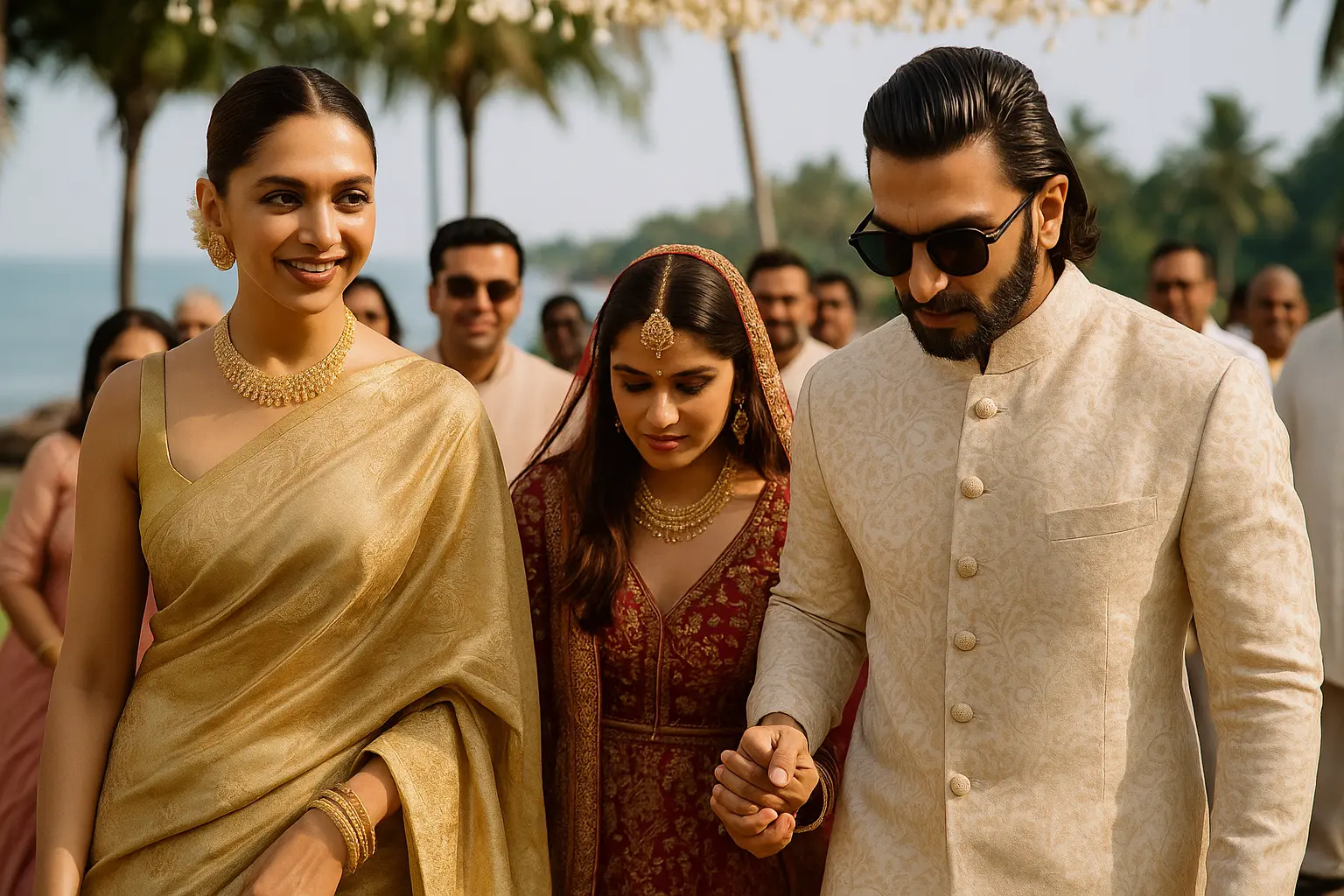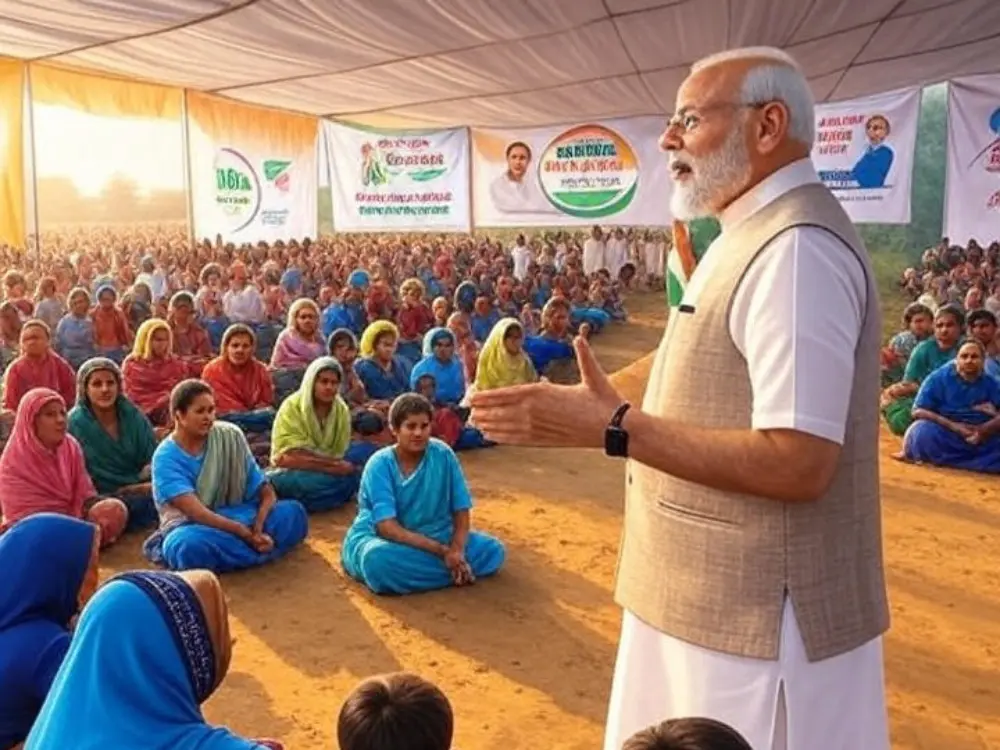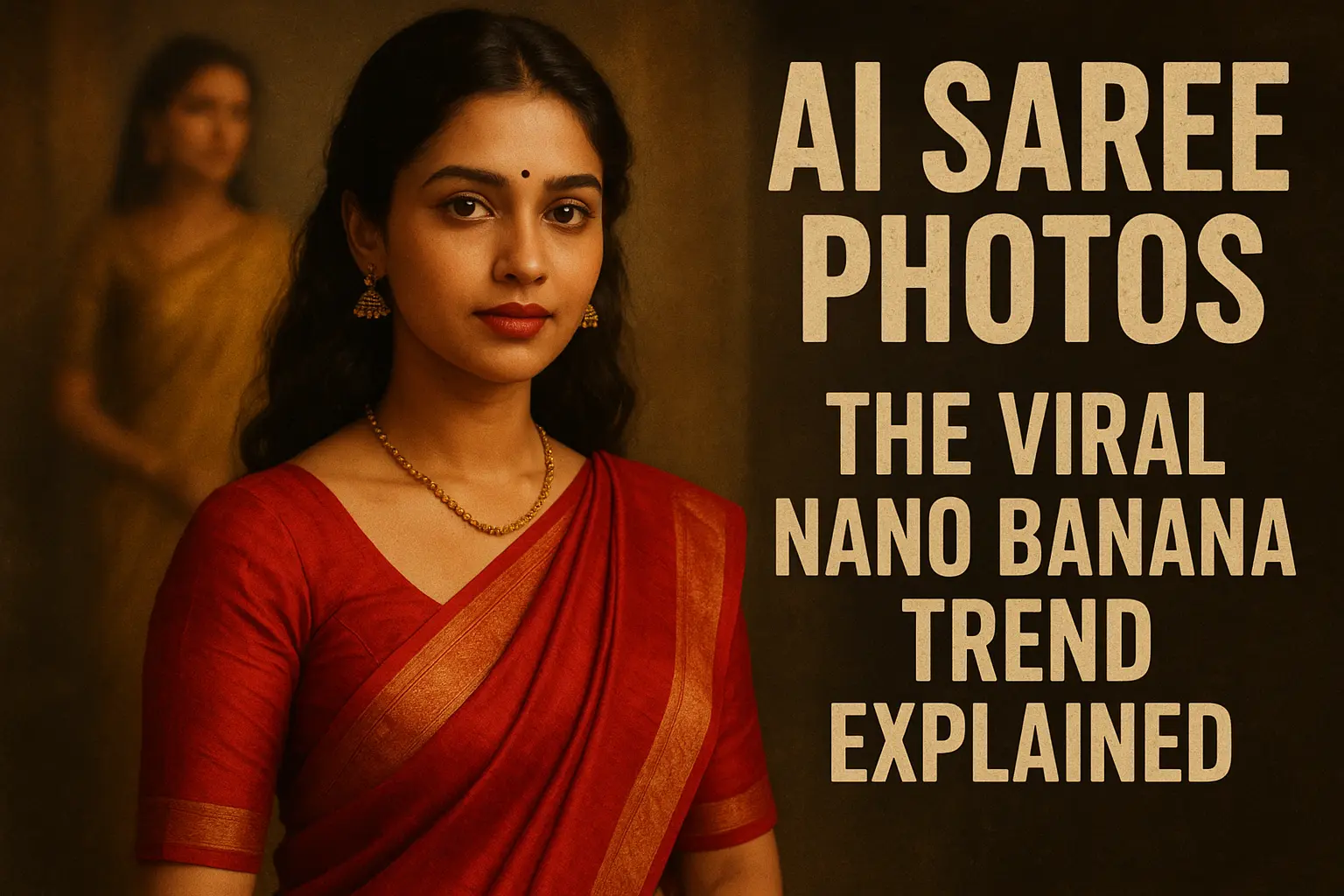Jolly LLB 3 review & release details: Akshay & Warsi’s courtroom clash, surprises, critique & everything you didn’t know.
Table of Contents
Toggle🎬 A Courtroom Drama That Everyone Was Waiting For
The courtroom is back in session, and this time, the battle is bigger than ever. Jolly LLB 3, the third installment of the popular franchise, hit theatres on 19 September 2025, bringing together two of Bollywood’s most charismatic actors — Akshay Kumar and Arshad Warsi. While Akshay played the lead in the second part and Warsi in the first, fans were excited to see both of them finally share the screen as rival lawyers. Adding to the excitement was the return of Saurabh Shukla, whose portrayal of Judge Tripathi has become iconic over the years. The film promised courtroom chaos, biting satire, social commentary, and an emotional core — but does it deliver? Let’s take a closer look.
Storyline at a Glance:
The narrative of Jolly LLB 3 begins in a rural setting, where a poor farmer’s land is taken away by a powerful developer under questionable legal circumstances. Unable to cope with the loss and injustice, the farmer takes his own life, leaving behind a devastated family. This tragedy sparks a legal battle that soon captures national attention.
In Delhi, the courtroom becomes the stage where the farmer’s widow fights for justice. Here, the two Jollys — Akshay Kumar’s Jagdishwar Mishra and Arshad Warsi’s Jagdish Tyagi — go head-to-head. Initially, their rivalry is fierce, marked by sharp exchanges, clever tactics, and humor. But as the case deepens, it forces both lawyers to confront their own moral dilemmas. Judge Sundar Lal Tripathi, played brilliantly by Saurabh Shukla, oversees the chaos with his trademark mix of wit and seriousness, ensuring the trial remains both engaging and thought-provoking.
Performances & Highlights:
One of the strongest aspects of Jolly LLB 3 is its powerhouse performances. Akshay Kumar plays a lawyer caught between ambition and conscience. His transformation from a legal opportunist to someone willing to stand up for truth adds depth to the film. Arshad Warsi, known for his natural comic timing, delivers a layered performance that balances humor with gravitas, reminding audiences why his version of Jolly remains so loved.
Saurabh Shukla is once again the heartbeat of the franchise. His portrayal of Judge Tripathi is not just funny but also insightful, capturing the frustrations and quirks of the judiciary with unmatched ease. Seema Biswas delivers an emotionally powerful performance as the farmer’s widow, grounding the story in real human tragedy. On the other hand, Huma Qureshi and Amrita Rao have relatively limited roles, leaving viewers wishing their characters had been explored further.
Strengths and Weaknesses:
The film is a mixed bag, excelling in some areas while faltering in others.
On the positive side, the chemistry between Akshay and Arshad keeps the film lively. Their courtroom banter, combined with the humor and sharp dialogues, makes for several memorable moments. The second half in particular is gripping, with emotionally charged courtroom speeches and a climax that strikes a chord with audiences. The theme of land acquisition and farmers’ struggles also lends the film strong social relevance, giving it a weight that goes beyond entertainment.
However, the first half feels sluggish, with too much time spent setting up the case before the drama really takes off. The antagonist is underwritten, lacking the depth or menace needed to make the conflict more challenging. Female characters, unfortunately, are sidelined, serving mostly as background figures rather than playing active roles in the legal battle. The music, which could have been a strong emotional anchor, fails to make an impact and feels forgettable.
Hidden Angles That Stand Out:
Beyond its entertainment value, Jolly LLB 3 touches on several important themes that resonate with contemporary India. The land acquisition conflict in the film mirrors real-life disputes where farmers have lost their land to large development projects. These issues have sparked protests and political debates in recent years, making the film timely and relevant.
The decision to bring back both Jollys also has symbolic weight. Their rivalry represents two contrasting approaches to justice — one driven by ambition and personal gain, the other by empathy and conscience. This dynamic adds depth to the story, as the audience is forced to question what true justice really means.
Another hidden layer lies in Judge Tripathi’s role. While audiences often see him as comic relief, his character actually represents the judiciary itself, balancing between tradition, satire, and respect. His presence reflects the tension between allowing freedom of expression in cinema and protecting the dignity of judicial institutions.
No Jolly LLB film is complete without some real-world legal drama. Jolly LLB 3 faced its share of controversies before release. Public Interest Litigations (PILs) were filed against the trailer and the song “Bhai Vakeel Hai”, with claims that they mocked the judiciary. These cases reached high courts, but judges dismissed them, noting that satire is a legitimate part of creative expression. The Central Board of Film Certification (CBFC) also reviewed the film closely, giving it a U/A rating with a few minor changes. These pre-release controversies only heightened public curiosity and built momentum for its release.
Box Office Buzz:
The film had a strong opening thanks to advance bookings and the franchise’s popularity. Families and fans of courtroom dramas flocked to theatres, eager to see both Jollys in action. While the second half of the film is winning applause, the slow pace of the first half and mixed reviews from critics may affect long-term box office collections. Trade analysts predict that while Jolly LLB 3 might not surpass the franchise’s highest-grossing entry, it will still perform respectably, especially due to repeat audiences drawn to the courtroom sequences.

